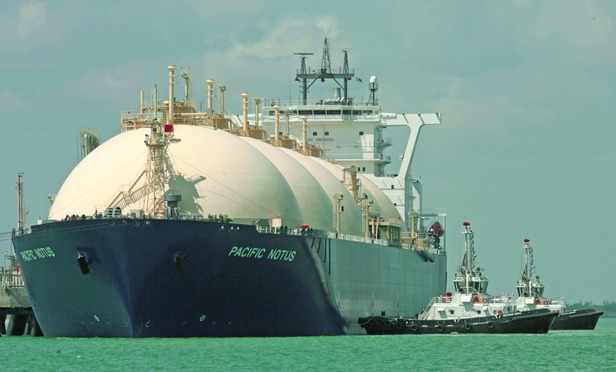A major obstacle to the hydraulic fracturing boom is low pricing driven by oversupply and dwindling storage options. The fracking boom has created an oversupply of domestic natural gas, and the market safety valve of exportation to areas of scarcer supply is not available in any manner that would ease the oversupply.
One solution touted by industry involves exporting natural gas in a liquid state (liquefied natural gas, or LNG), which occupies about 1/600th of the volume of natural gas. In this liquefied state, natural gas can be economically (and more safely) exported. This solution has its detractors, however, as some argue that LNG exports would drive domestic natural gas prices higher. Other groups caution that LNG exports would induce more domestic shale gas production from hydraulic fracturing and, with it, increased burdens upon natural resources.
This content has been archived. It is available through our partners, LexisNexis® and Bloomberg Law.
To view this content, please continue to their sites.
Not a Lexis Subscriber?
Subscribe Now
Not a Bloomberg Law Subscriber?
Subscribe Now
LexisNexis® and Bloomberg Law are third party online distributors of the broad collection of current and archived versions of ALM's legal news publications. LexisNexis® and Bloomberg Law customers are able to access and use ALM's content, including content from the National Law Journal, The American Lawyer, Legaltech News, The New York Law Journal, and Corporate Counsel, as well as other sources of legal information.
For questions call 1-877-256-2472 or contact us at [email protected]






